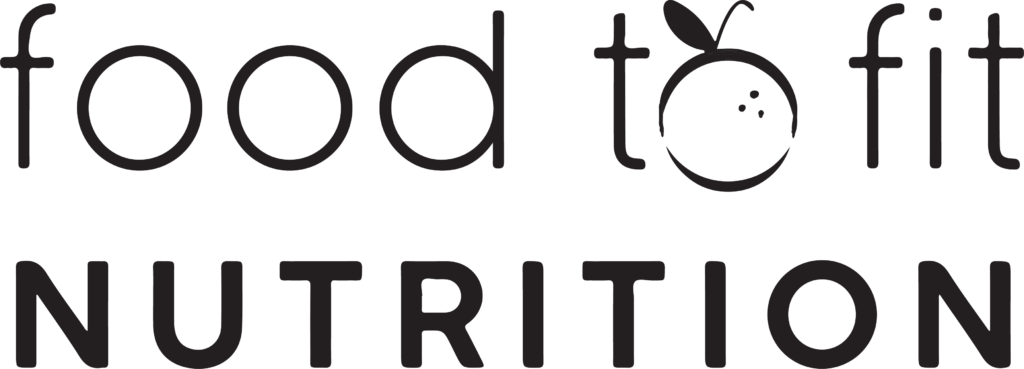
Nutrition Management for PCOS
Written by Brooke Bulloch, RD
PCOS is one of the most common endocrine conditions. Development of the condition is often linked to high levels of androgen hormones (e.g. testosterone), irregular periods, altered luteinizing hormone action, and/or insulin resistance. I’m Brooke Bulloch, PCOS dietitian, and in my previous post I discuss signs, symptoms, and how PCOS is diagnosed. In this post I explain the role of a dietitian in nutrition management for PCOS.
As a PCOS dietitian, what I’ve learned from my clients is that the condition can negatively affect a person’s physical health, mental health, and emotional connection to their body. It’s a complex condition and the exact causes of PCOS remain unclear.
PCOS is not just a fertility issue as it can affect the health of a person in many ways, from puberty to menopause. People with PCOS are more likely to develop non-alcoholic fatty liver disease, type 2 diabetes, high blood pressure, heart disease, and depression and anxiety. These risks relate to elevated androgens, insulin, and inflammation in the body. My clients often feel frustration in the lack of control they have over their body and their symptoms. Nutrition plays an important role in managing PCOS symptoms and risks for other conditions.
Understanding your PCOS diagnosis and symptoms
The first step to better understanding and managing your PCOS is understanding your diagnosis. With four different phenotypes of PCOS (discussed in my previous post here), the characteristics and symptoms can look very different from person to person. Not to mention, your own experience with PCOS may differ greatly from someone else’s. These details are important as it helps me, as a dietitian, to be more specific and strategic with nutrition planning.
Understanding your goals around PCOS management
During the initial assessment, the client and I review:
- Diagnosis
- Health history
- Symptoms
- Body changes
- Body function (e.g. menstrual regularity; sleep; gut function; energy levels etc).
- Food and body relationship
- Mental health
- Dietary intake habits/patterns
- Medications or supplements
Next, we discuss big picture goals, wishes, and/or expectations for sessions together. This helps us both to gain clarity, and to dig deeper into the client’s struggles. From there I offer support in developing a personalized plan. For example, not everyone’s goal is to become pregnant. A client may want to tackle physical symptoms of excess body hair and acne; or improve menstrual regulation; or lower their A1C (a blood sugar marker); or improve their body image.
The more specific we can be with goals and expectations, the more specific we can be in the nutrition planning for your PCOS.
Treatment options for PCOS
There is no cure for PCOS. It is a life-long condition, but there are many ways to treat and manage PCOS symptoms. I encourage clients to consider all options and where they want to start. The is no right or wrong way to manage your PCOS. It’s a personal choice that you should feel empowered by. Treatment options may relate to:
- Increased physical activity if it’s safe and accessible to you. This includes: walking, weight bearing activities like strength training, or any movement you enjoy that increases your heart rate.
- Mental health support or therapy. PCOS is a complex condition that can greatly affect a person’s self-esteem, mental health, and quality of life. We have an amazing social worker and clinical therapist on our team, Monique Roy.
- Medication management. Your family doctor or gynecologist may have a discussion around hormonal birth control, Metformin, Spironolactone or other medications to help manage your symptoms.
- Nutrition Care. A PCOS dietitian offers insight into how you can use nourishment to improve symptoms, body function, and blood markers.
There are many treatments options and I share with clients all options relating to their goals. For example, there is no shame in starting with medications if they work for you and if it feels like the best starting point. I can help to develop questions for your doctor or specialist.
Nutrition management of PCOS
My non-diet approach to care focuses more on what can be added to enhance the diet and quality of life, as opposed to cutting out certain foods which is often unnecessary.
Nutrition planning includes:
- Pattern of eating. Eating regularly can help to support blood sugar regulation, energy levels, and mood.
- Meal and snack balance. Including a source of fat, fibre, and protein can help with satiation, energy levels, digestive function, and micronutrient intake.
- Adeqaute intake of key nutrients such as: fibre, vitamin D, folate, magnesium, B12, and omega 3 fatty acids. We will explore different food options to add to your diet and/or vitamin and mineral supplements to enhance your diet.
- Other herbal or nutrient supplements that have been well-studied in PCOS research. These may include: Myo inositol, Berberine, N-acetyl cysteine, Co-enzyme Q10 and others. Supplement regime highly depends on symptoms and goals.
PCOS is complex and can negatively affect a person’s physical health, mental health, and emotional connection to their body. Book an appointment online with Brooke here or inquire further by emailing her at [email protected].
LET'S STAY IN TOUCH
Join our mailing list
Join our newsletter for more non-diet content including practical nourishment, recipes, nutrition myth-busting, and weight inclusive well-being.

Curiosity, self-compassion, food peace. Nutrition assessment, planning, and monitoring + food relationship counseling.
Food to Fit Locations:
#203, 2445 Broad Street
Regina, Saskatchewan
1124 8th Street East
Saskatoon, Saskatchewan





